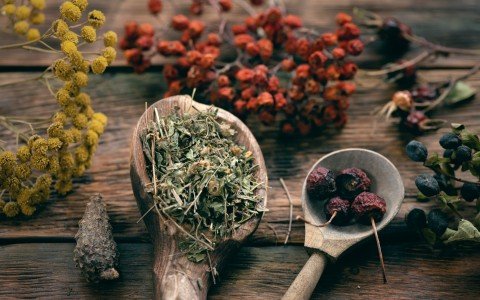
Le 11 erbe officinali per l'inverno
Il freddo intenso
invernale e gli sbalzi termici portano ad avere diversi problemi di
salute e anche un abbassamento del sistema immunitario.
Le
11 erbe officinali per l'inverno, che vi offrono la possibilità di
avere una stagione di malanni pari a zero, portano ad avere diversi
benefici. Le 11 erbe officinali per l'inverno garantiscono un aiuto
ottimale per il sistema immunitario o per eliminare i primi sintomi
influenzali.
Menta piperita
La menta piperita ha proprietà
offre un aiuto per problemi di raffreddore e catarro. Quando ormai si è
vittime di una infezione dei bronchi e delle vie respiratorie, ecco che
la menta piperita offre anche una azione lenitiva proprio per queste
parti del corpo.
Ovviamente è possibile avere questa erba sia
fresca che essiccata, ma entrambe offrono una buona presenza dei
principi attivi e oli essenziali.
Astragalo
E' una erba medicinale che offre la
possibilità di avere un aumento delle difese immunitarie.
L’ Astragalo è reperibile nelle migliori erboristerie o su internet. Assunto sotto forma di tisana o decotto, offre la sicurezza di una azione immunostimolante. In questo modo si ha una reazione che sia sempre ottimale per ripristinare il fisico dopo una influenza.
Melissa
La
Melissa fa bene per il sistema nervoso. In inverno spesso si soffre di
insonnia e la Melissa offre una soluzione ottimale. Elimina i
problemi di ansia, cefalee date dal freddo, tachicardia e problemi anche
dati dal freddo intenso.
Viene molto usata come tisana e bevanda nelle località montane.
Rosa canina
Possedere
grandi quantità di vitamine aiuta ad avere un sistema immunitario
forte. La rosa canina apporta un ottimo beneficio proprio per tutto
quello che riguarda la vitaminizzazione del corpo. Una tisana o un
decotto, apporta un ottimo beneficio per la salute e
allontana anche il raffreddore.
Echinacea
Un antibiotico naturale, che cura anche le febbri più “crudeli”, è rappresentato dall’echinacea.
Questo
fiore, possiede una grande quantità di acido caffeinico,
alchilamidi e cicorico, che sono principi presenti proprio negli
antibiotici. Ecco perché, una buona tisana all’echinacea porta dei
risultati eccellenti.
Semi di finocchio
Un aiuto per lo stomaco, per aiutare la
digestione o anche il recupero dopo un malanno, è dato dai semi di finocchio. Questa erba offre diversi principi attivi che hanno come
obiettivo quello di aiutare lo stomaco a creare una reazione che stimola
anche le difese immunitarie. Ottima per i bambini!
Achillea
Crampi allo stomaco? Siete “reduci” da una influenza
di stomaco? Allora l’achillea è l’erba adatta a voi. La presenza di
flavonoidi all’interno dell’achillea offre una azione equilibrante per
gli ormoni e aiuta ad aumentare le difese immunitarie. La sua azione
antispasmodica offre sollievo anche alle pareti dello stomaco che hanno
subito una infezione e sono irritate.
Anice stellato
L’anice
stellato spesso lo ritroviamo in tante ricette natalizie, sia per la
sua forma particolare che anche per le qualità che essa offre. L’anice stellato è anche un antibiotico naturale che fa diminuire la febbre,
elimina i primi stati influenzali e scioglie il catarro.
E' uno dei rimedi contro asma e bronchite, conosciuti dall’antica Roma.
Cardo mariano
Periodo
di neve? Il freddo intenso porta ad avere delle infiammazioni alle vie
respiratorie, ma anche forti mal di testa. Il tutto è facilmente
“gestito” dal cardo mariano. Una tisana al cardo mariano, assunta
quotidianamente, irrobustisce i capillari delle vie respiratorie e
diminuisce i problemi di cefalee e mal di testa da “freddo intenso”.
Tarassaco
Tra
le erbe utili in inverno troviamo il tarassaco che viene usato anche
per quanto riguarda i problemi dati da mal di gola, placche e anche da
infiammazioni dati dal freddo.
Una buona tisana al tarassaco
offre anche un ottimo aiuto per lo stomaco e per tutto quello che
riguarda l’eliminazione dei batteri che aumentano catarro e raffreddore.
Camomilla
Come molte tisane, la Camomilla, offre la
sicurezza di una azione che è rilassante, aiuta per i problemi di
insonnia e digestiva, ma è ottimale per combattere i primi sintomi
influenzali. Questo vuol dire che si ha a che fare con una azione
polifunzionale, ideale per curare i malanni invernali.


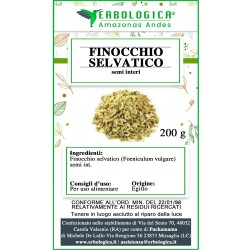
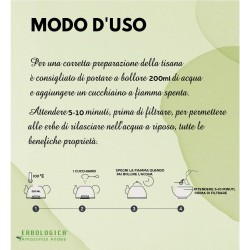
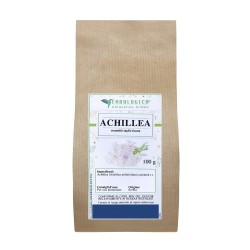
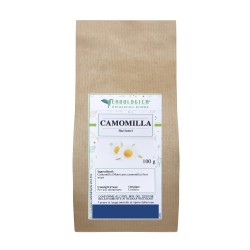
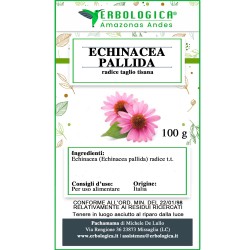
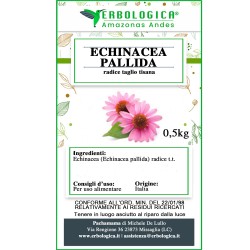
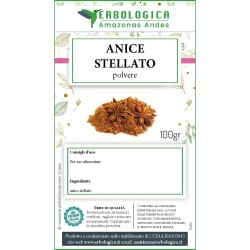
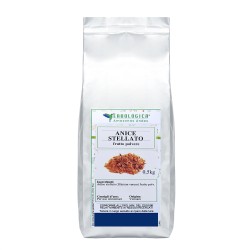
Lascia un commento